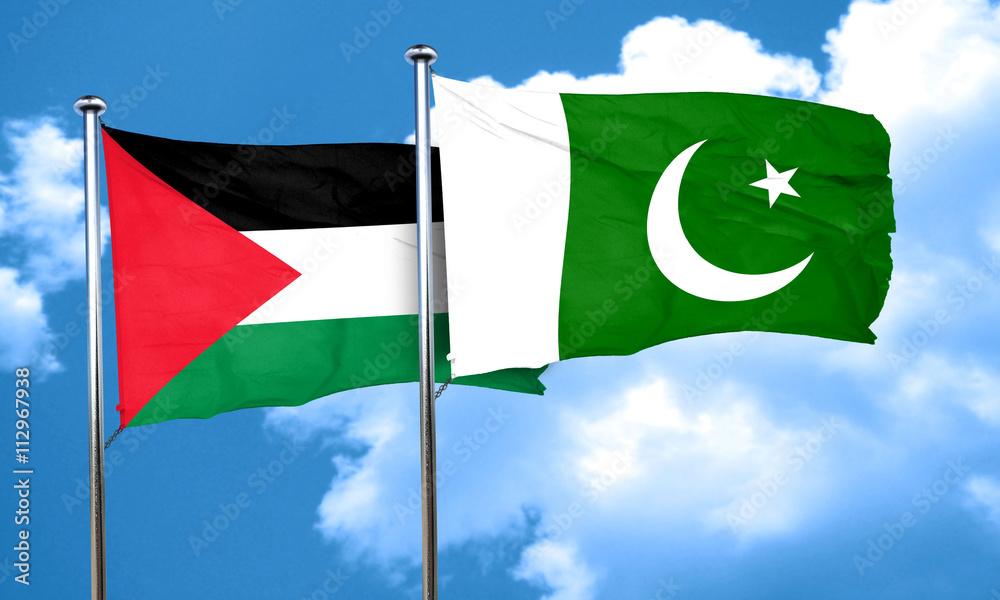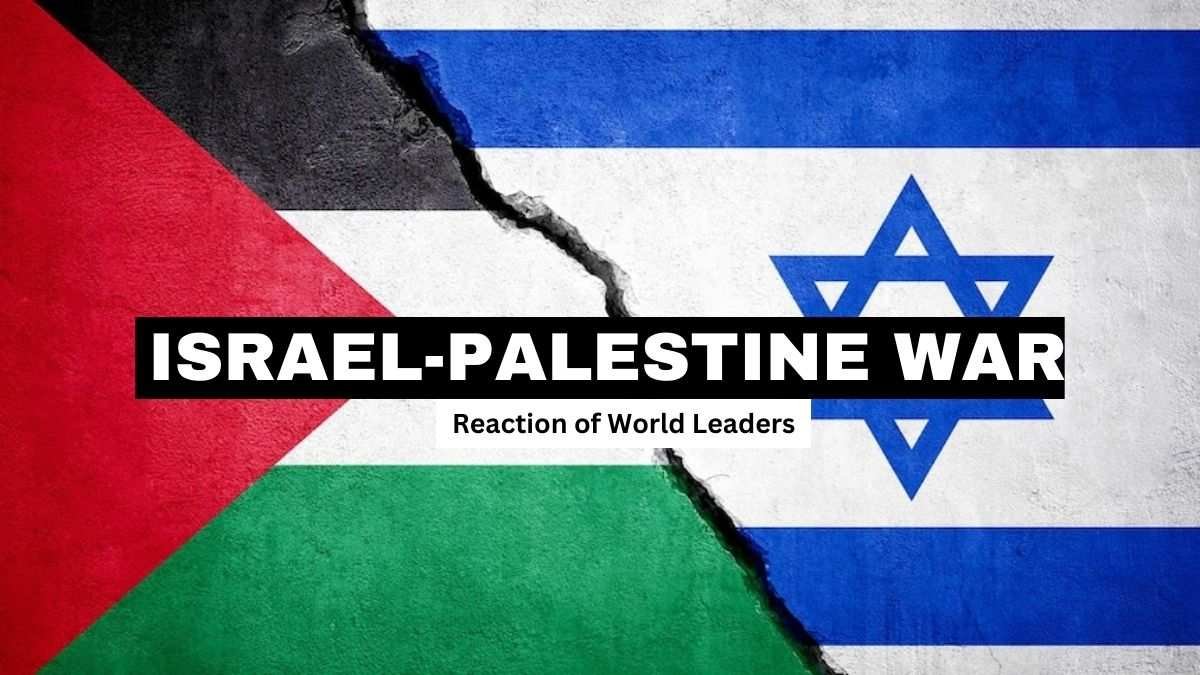Gaza and Pakistan: Justice Katju Warns of Impending Chaos
There are today two stormy centres of turbulence, crisis, and confrontation in the world today, Gaza and Pakistan. As regards Gaza I have already written several articles and posted a video interview on the origin and nature of the events leading upto the events of 7th October, so I am not repeatingContinue Reading



